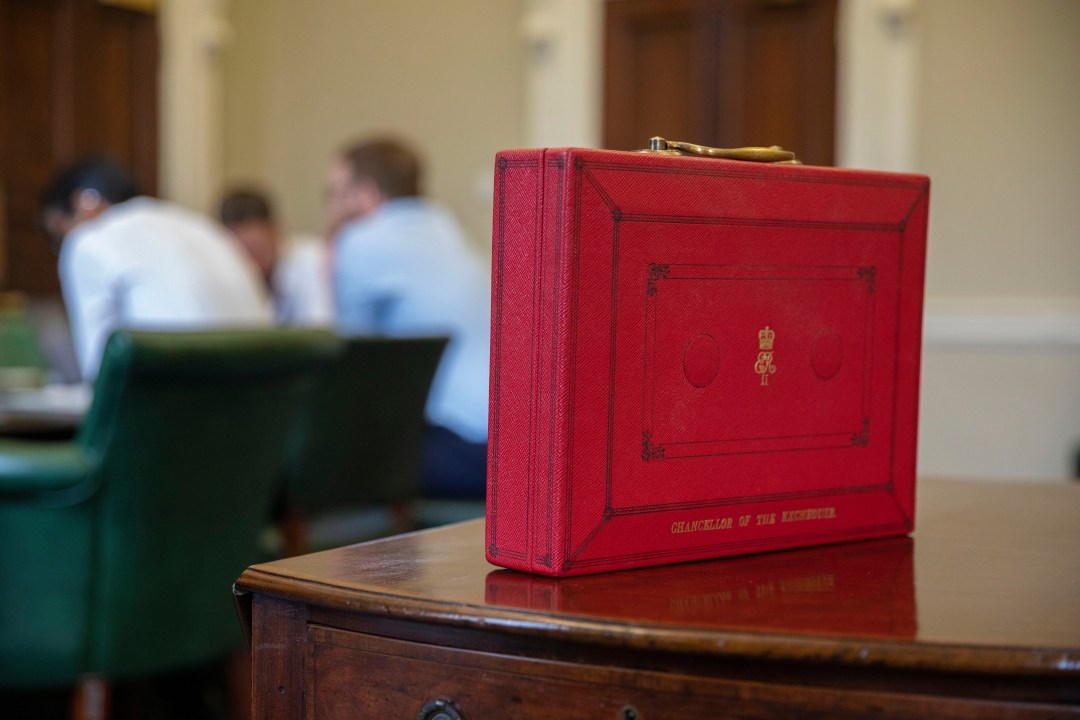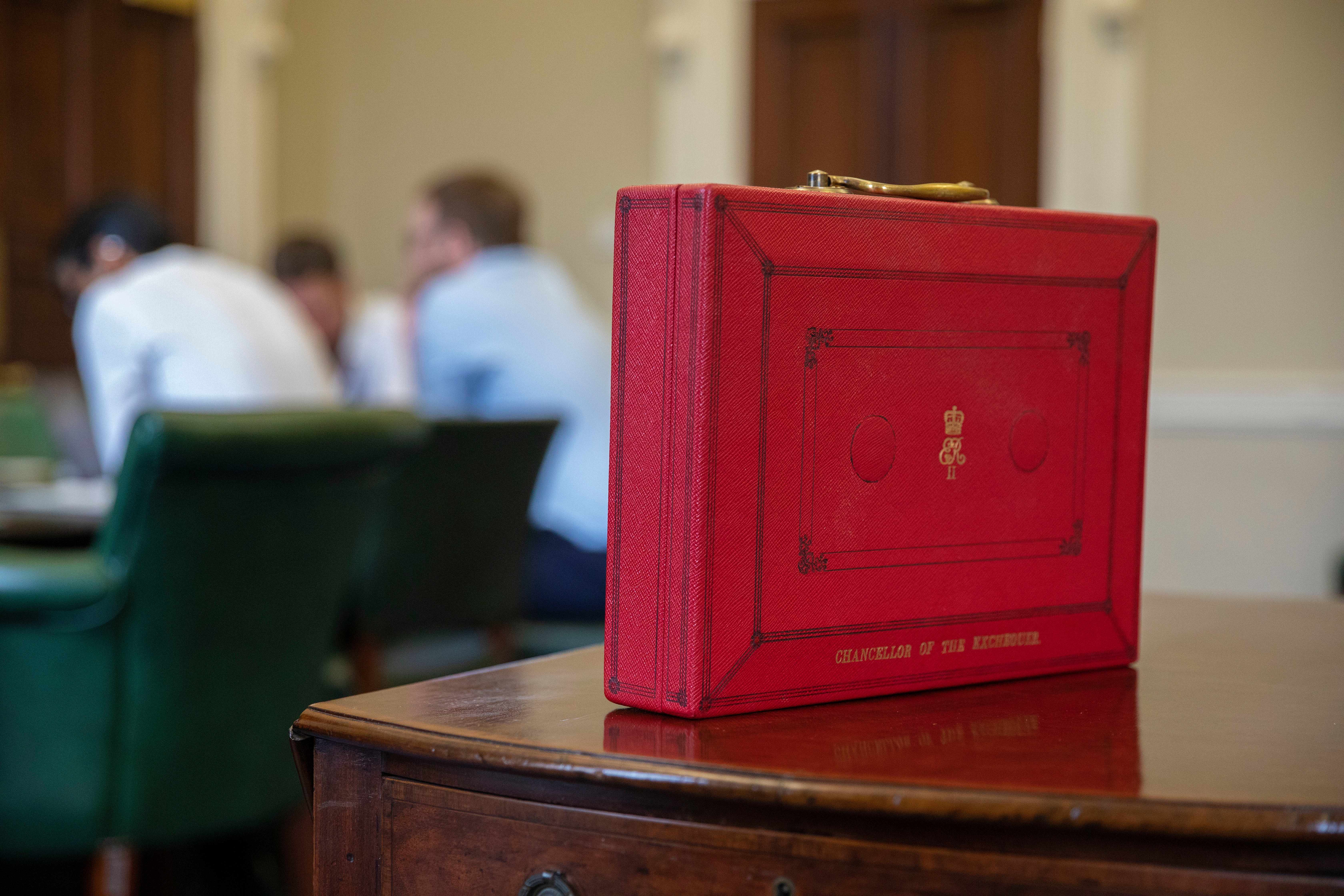Every week, the papers report a new tax supposedly under consideration by the Treasury. This week, it’s the idea of an online sales tax. The suggestion being that a tax on internet shopping could serve as a potential replacement for business rates. While No. 11 is keen to play down the likelihood of its happening, the charge has something in common with other recently mooted taxes: it has divided opinion in the Tory party.
When West Midlands mayor Andy Street took to social media to praise the proposal as an initiative that ‘can level the playing field with online retailers & local businesses’, Conservative MP Lucy Allan was quick to respond with her opposition to it – suggesting businesses must not be punished for adapting and moving online. This exchange is a taste of things to come.
There is little agreement on which group ought to carry the burden
As the Chancellor faces the prospect of a deficit for the financial year forecast at more than £300 billion, he and his team are beginning to consider how to eventually balance the books. The autumn budget is expected to be the stepping stone to such a plan – though likely it will still primarily be focussed on trying to get the economy going. Speaking earlier this month, Sunak said he would need to come up with a plan to balance the books over the ‘medium term’.
Early signs of Treasury thinking came with the Chancellor’s warning of the need for public sector pay restraint and departmental savings in the upcoming comprehensive spending review. While Boris Johnson’s first instinct is to look to growth, some form of tax rise is viewed as likely. Johnson has said recently that the government will not raise income tax, national insurance or VAT for five years and will protect the state pension triple lock.
But other measures are likely to prove controversial with at least one faction of the party. While some accept there could be the need for a targeted tax rise, there is little agreement on which group ought to carry the burden. New MPs in the red wall are generally opposed to tax rises – which they point out were not in the manifesto. But they particularly oppose anything that punishes their voters and is focussed on the cost of living.
For now, the young are protected by One Nation Tories who agree that the burden should not fall too heavily on them. ‘They are the group most likely to support a tax rise so long as it was part of a moral argument on higher earners,’ says a colleague. But those in traditional Tory voting seats and shire MPs take a different view. They worry that core supporters could be ignored in favour of would-be Tory voters or those who can’t be relied on at the next election. In their eyes, new taxes should not fall on older, more affluent voters. Agreement on which group should shoulder the burden is likely to remain elusive.








Comments